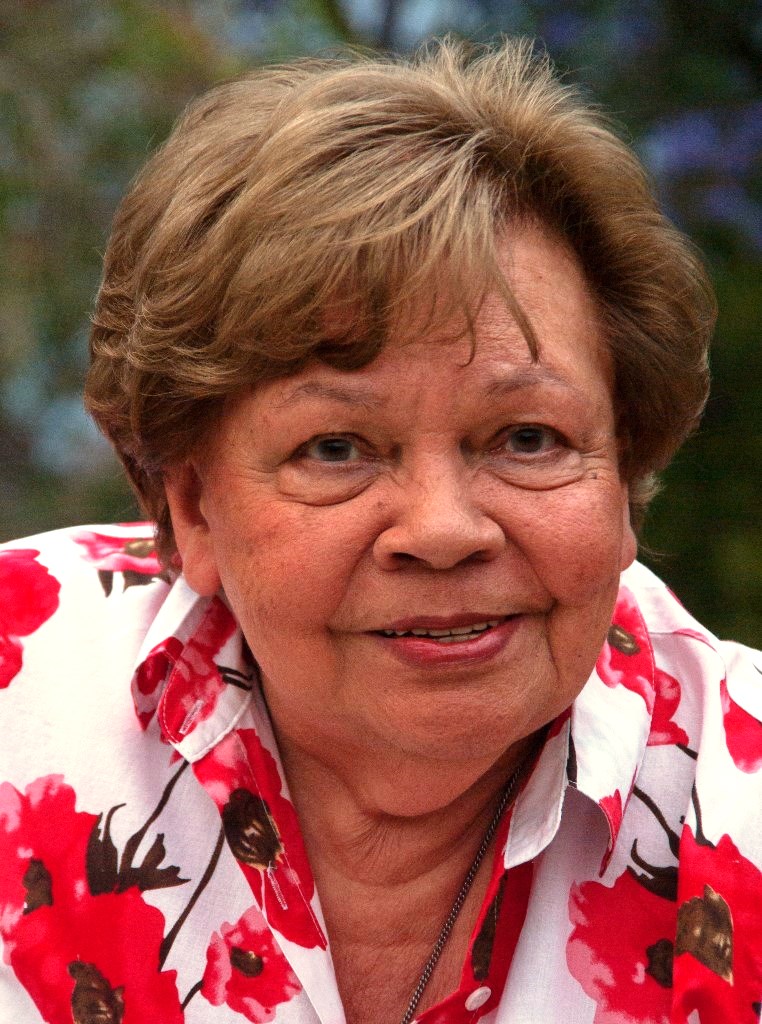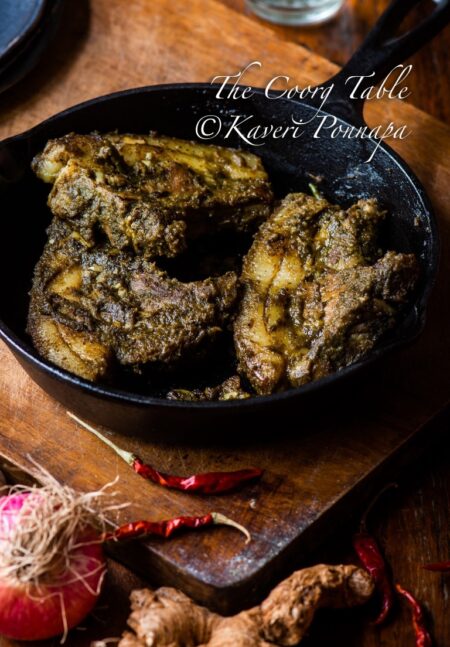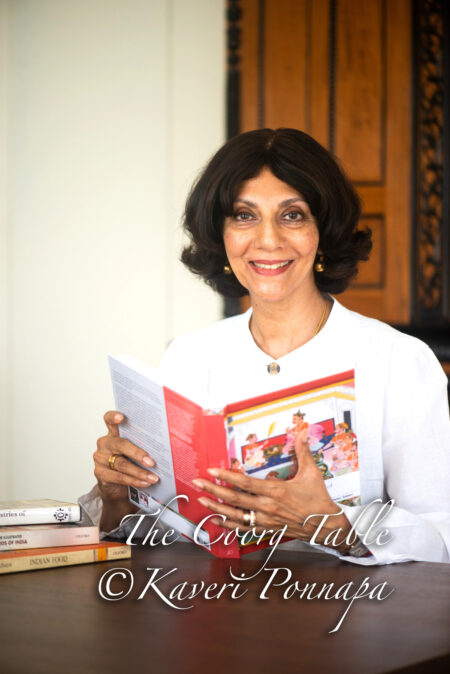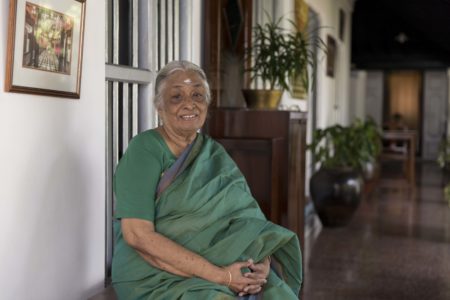Charmaine Solomon is the author of the classic Complete Asian Cookbook, which has sold over a million copies and been translated into several languages, now into its 2012 reprint, and thirty one other equally popular cookbooks. She shares her life in cooking and her marriage with renowned Jazz musician, Ruben Solomon, an extraordinary relationship inspired by music and cooking, with Food Lovers Magazine. This is a story built around the ultimate secret ingredient in cooking – love.
– As told to Kaveri Ponnapa
I didn’t think of writing a cookbook myself. I was typing the manuscript for cookery legend, Margaret Fulton, when her publisher asked me whether I wanted to write a cookbook. I honestly replied that I had not thought of it, and as a newspaper journalist I only wrote to deadlines. He replied that I could set my own deadline if I needed one. My first book was a small volume, South East Asian Cookbook and this was such a success that I was asked to write the Complete Asian Cookbook three years later. Australians had started travelling to Asia, and would come back eager to repeat the experiences of Asian food. Exotic ingredients were getting to be more easily obtainable, and I would tell readers what to look for and where to buy them.
I travelled overseas and interviewed excellent cooks in many countries, listened carefully as they shared their knowledge, and then patiently recalled what they shared with me. Of course, most Asian cooks do not use measuring spoons and cups so all the recipes had to be cooked over again in my kitchen, using the measures we use in the West, and carefully listing them. My mother and grandmother were born in Burma. My father’s family were also excellent cooks, winning prizes for jams and jellies, chutneys and pickles and I managed to absorb much of my knowledge living with them.
What was also of great help was the fact that my beloved late husband knew his Indian and Burmese food, having lived in those countries for many years. Since he worked as a professional musician he would not return home until the wee small hours and I did not want to go to bed until he returned. I’d cook while waiting for him to get home from work, and he liked it. He inspired me to experiment and was so encouraging of my efforts that I just wanted to keep on pleasing him. He also loved to cook, and we would spend time in the kitchen together, singing in harmony as we perfected dishes. I owe any success I have to that beautiful man. I remember telling him that if I could produce music the way he could, I would never put down the clarinet or saxophone to pick up a chef’s knife or mortar and pestle. Fortunately, he kept on working beside me on the recipes and was always happy to help in the kitchen. He also possessed a very good taste memory, and so do I, so we were able to analyze and reproduce the flavours of many dishes we liked. At weekends, when he wasn’t working, we always had gatherings of friends and family, following a meal that we had both cooked. Reuben’s family included many talented musicians, and our get-togethers were legendary. ” Lunches” often went on till almost midnight!
When I lived in Sri Lanka, I never cooked a meal since at home there was always someone else to do the day to day cooking and my aunts and mother were excellent cooks themselves. After I moved to Australia and had to cook for a family, it was an eye-opener. My grandmother, who had lived in Burma, was my teacher, and taught me how to make the iconic fish kofta curry, knowing that my husband would appreciate it. However, I had no idea that my books would be the worldwide successes they turned out to be. I am entirely self-taught, except for a couple of lessons in how to make pastry when I was in my late teens, and a course in petit fours at the esteemed Le Notre school in France many years later. But neither of these experiences was useful in writing my Asian cookbooks.
I was involved in all stages of the book, including cooking the dishes for photography and styling the photographs. My journalistic training came in useful in describing how to create the dishes, remembering the news editor’s exhortation to ‘tell it like it is’. Australians had travelled widely and become enamoured of South East Asian Food, it was not such a big step in getting to know the flavours of the sub continent. If I were writing it now, it would be a much bigger book, looking at various regions and regional differences.
I don’t cook any longer. Since my husband passed away three years ago, there seems to be little point in cooking just for myself. He was the reason for my getting involved in writing cookbooks, and doing the actual cooking before writing the recipes was always a pleasure. It was also a way of sharing and communicating with other home cooks. Fortunately I have two very capable daughters in Sydney, they helped with the revision of the Complete Asian Cookbook last year. Both of them love to cook and they cook the food I would like to have, especially for family celebrations.
This article appeared in Food Lovers Magazine.
Image Courtesy: Jenny Richards




